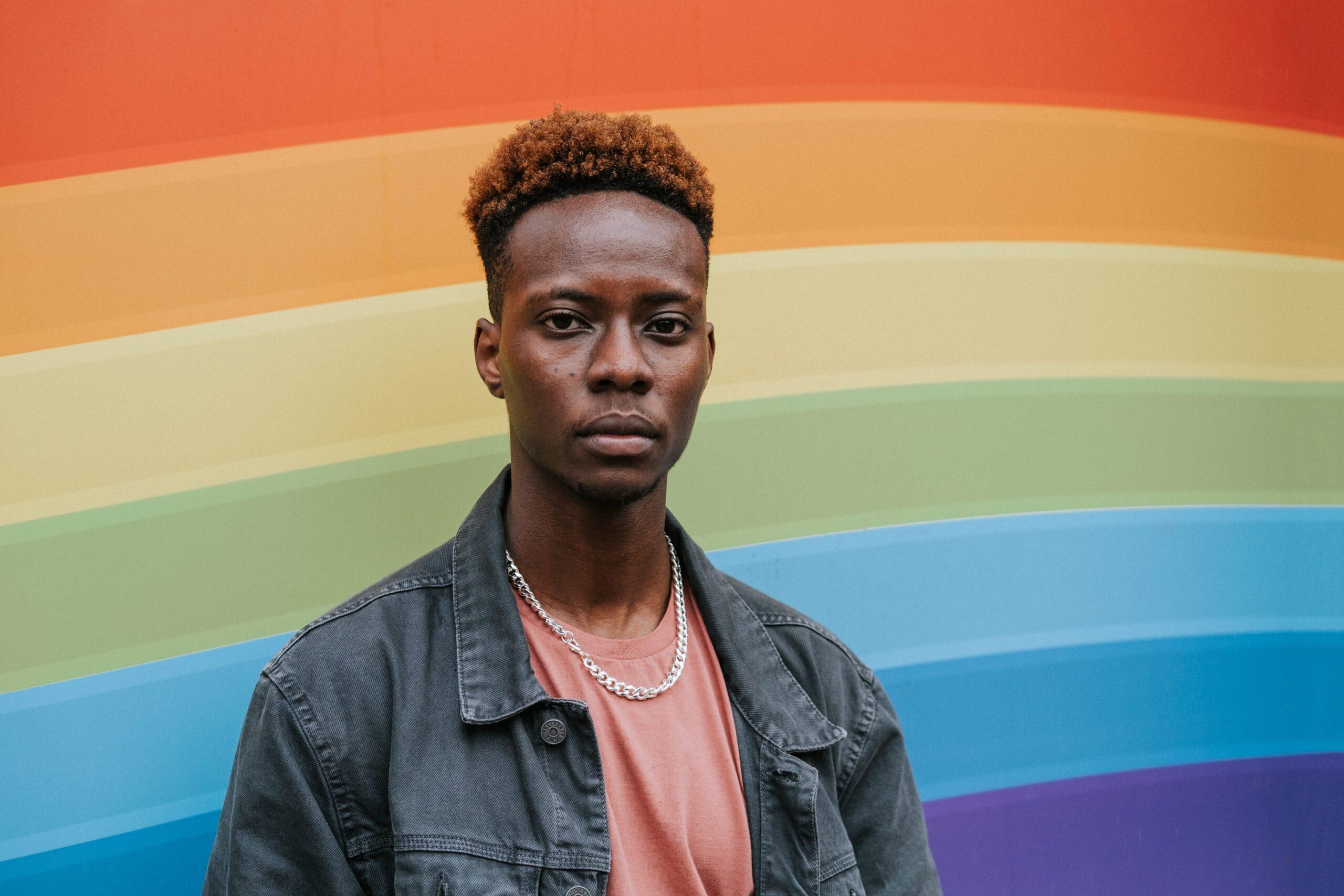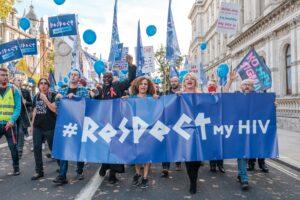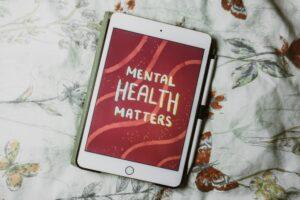End stigma and discrimination to enhance public health

Throughout my service to the Church, and now as the Suffragan Bishop of Kingston (Anglican), Jamaica, I have devoted considerable effort to improving public health in the Caribbean. Public health is the science of preventing disease, prolonging life, and promoting health through organized public and civil society efforts. This work has brought me into close contact with our communities of most vulnerable people, including those living with HIV and AIDS, mental illness, developmental challenges, lesbian, gay, bisexual, transgender (LGBT) people and the poor and marginalized across the Caribbean. These groups continue to be affected by stigma and prejudice, a serious challenge to our collective well-being.

The challenge of stigma and prejudice is compounded by the fact that some countries in our region, including my home country Jamaica, continue to criminalize consensual same-sex conduct through colonial-era “buggery” and “indecency” laws. This has a direct effect on public health in that, in our region, countries where such relationships are criminalized, almost one in four men who have sex with men are HIV-positive, whereas in those countries without such laws only one in 15 men are HIV-positive. To frame this within the global context, the Caribbean currently has the largest prevalence of HIV in the Americas, and globally second only to sub-Saharan Africa.
Address stigma and prejudice
If we are to overcome this epidemic of HIV and effectively promote public health, it is crucial to address the stigma and prejudice against LGBT people by repealing laws that criminalize consensual sexual conduct among adults. Mindful of the overlay of moral, ethical and religious issues involved, from a public health standpoint, everyone should be able to access prevention, diagnosis, and treatment for HIV and AIDS and any other ailment without fear of “exposing” themselves to law enforcement. Community health practitioners, focused on delivery of health services, must be unfettered in the provision of information and tools for safe sex without fear that they are aiding and abetting a crime and thus become liable for prosecution. Indeed, healthcare workers are aware of data from the United Nations which show that people living with HIV are 2.4 times more likely to delay seeking treatment if they perceive high levels of stigma in their communities and at health care facilities.
But the public health problem is even greater. Because of criminalization, stigma and prejudice, many of our LGBT brothers and sisters live precarious lives. A recent report by Human Rights Watch found that LGBT people in Saint Vincent and the Grenadines routinely face physical or verbal abuse, threats, sexual violence, workplace harassment, family violence, and bullying in schools – all under the shadow of discriminatory laws and social, cultural and religious practices which engender stigma and discrimination. The report is based on 30 interviews with LGBT people, activists, and allies, as well as documentary evidence, legal analysis, and a range of secondary sources.

The researchers found that discrimination – which is the unjust or prejudicial treatment of different categories of people, especially on the grounds of ethnicity, age, sex, disability, or other categories – makes it hard for LGBT people to get jobs. This is contrary to basic human rights principles and goes against our call to care for others. After all, don’t we all deserve to be able to care for ourselves and our loved ones and find dignity in our work? This is by no means a judgment on people’s lifestyle but simply an argument that everyone must have equal rights, without exception.
Sexuality education
Young adults interviewed in the study said that they were bullied and experienced sexual violence in school and that the schools did not provide adequate sexuality education. But don’t all our children and adolescents deserve to learn in safe spaces? Shouldn’t education be the path towards better economic opportunities, health, and knowledge?
Violence and discrimination against a marginalized group can never be the answer to a safe, secure, and healthy society. In his response to the reading of a passage from Isaiah 61, in the context of a service at a Synagogue in Nazareth, Jesus proclaims justice for marginalized groups as follows “The Spirit of the Lord is on me, because he has anointed me to proclaim good news to the poor. He has sent me to proclaim freedom for the prisoners and recovery of sight for the blind [and] to set the oppressed free”. Freedom to access treatment advances the cause of health for all in a context of non-violence and non-discrimination. Religious communities should lead by example and proclaim justice for all and public health as a human right.
At a meeting in Port of Spain in 2017, sponsored by the Pan Caribbean Partnership against HIV and AIDS (PANCAP), other religious leaders and I made a commitment to end stigma and discrimination, but we also recognized the need for a wider public debate on how we can all understand and respect one another. Respect for each other is not only important for our public health, but also for preaching a gospel of love for each other. At the end of the 2017, religious leaders expressed a commitment to “[Seek] to engage representatives of key populations including men who have sex with men, sex workers and injecting drug users and others in programmes aimed at identifying respective rights and responsibilities in the process toward the elimination of AIDS-related stigma and discrimination; and, note areas of litigation that may challenge religious values and the responses required to harmonise principles and practices around human rights, human sexuality and human dignity”.
A case for public health
Ultimately, public health, which includes informed choices, must eschew the criminalization of sex among consenting adults in Dominica, Guyana, Grenada, Jamaica, Saint Lucia, and Saint Vincent and the Grenadines, and repeal the relevant laws in pursuit of addressing prejudice and stigma which endanger our communities and stymie effective and widescale public health intervention. I am well aware of the debate and literature on biblical texts such as those found in Gen 19:5, Lev. 18:22, and Rom 1:18-32, which support the stance of my own tradition in the Lambeth Resolution 1:10 of 1998 and the very strong views among Caribbean nationals against same sex relations. These arguments in favour of and against same gender unions will no doubt persist for a long time. However, these must be weighed against the delivery of public health in general and in particular that which promotes health for all. Moralizing aside, it is worthy to note that in recent years, Antigua and Barbuda, Barbados, Belize, Saint Kitts and Nevis, and Trinidad and Tobago have taken the step to decriminalize sex among consenting adults. It is time that we, in the remaining six countries, encourage our elected officials to get rid of these laws for the sake of health for all and in pursuit of becoming better societies where locals and foreigners expect an enabling environment for public health.
I conclude with an excerpt from the 2017 statement mentioned earlier. Religious leaders from across the French, Spanish and English-speaking Caribbean committed to “[Promote] healthy living of people at all ages of the life cycle by placing emphasis on plugging the prevention gaps that include stressing family values, age-appropriate sexual education, and creative ways of communication and dissemination of information to reach various audiences”. It is a pleasure to share this article as part of the ongoing commitment to end stigma and discrimination and enhance public health, righteousness, justice and peace. One love.
The Rt Rev. Garth Minott is the Suffragan Bishop of Kingston since 2022. He was ordained a Deacon in 1992 and a Priest in 1993, holds the Bachelor of Arts Degree in Theology from the University of The West Indies and the Master of Arts Degree in Theology from McGill University in Canada. For 19 years he worked at United Theological College of the West Indies where he was responsible for the formation of priests. He is married to Denise, and they have two sons, Mark and Stephen. He can be reached at g.minott@gmail.com.






